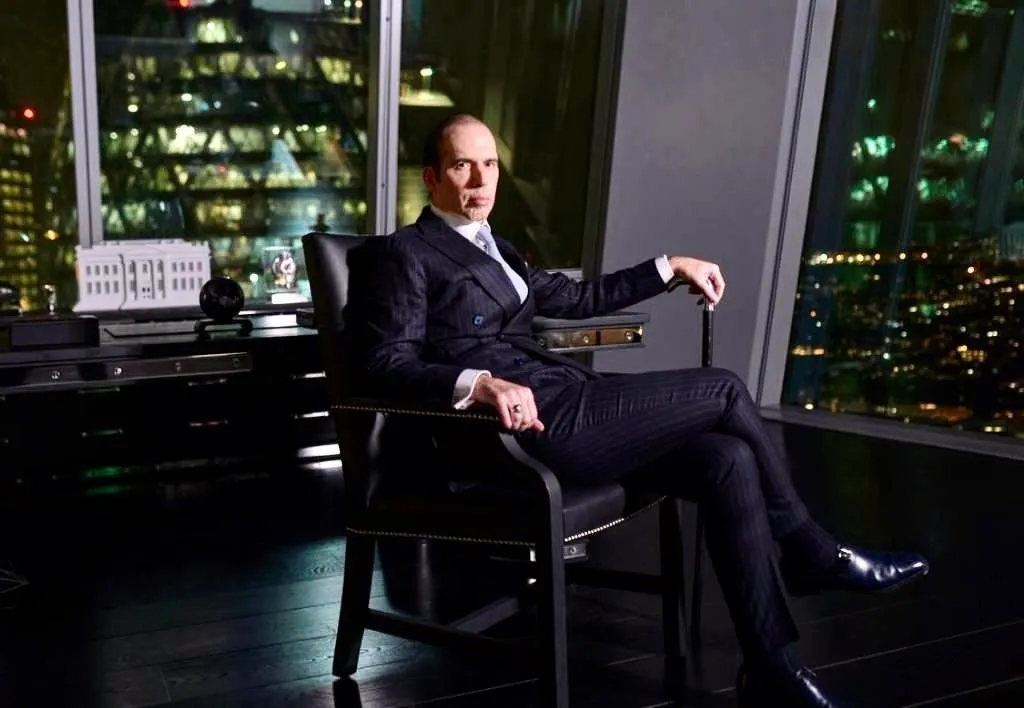President Donald Trump castigated the United Nations as a feckless institution in a speech...
As medical professionals react with alarm to President Donald Trump’s unproven...
Weekly Popular
More Politics News
Hundreds of federal employees who lost their jobs in Elon Musk’s cost-cutting blitz...
President Donald Trump announced Monday that his administration is...
As the nation comes to grips with the assassination of conservative influencer ...
Mairekk Griffiths, a 26-year-old cook in a Denver suburb, doesn’t think...

























